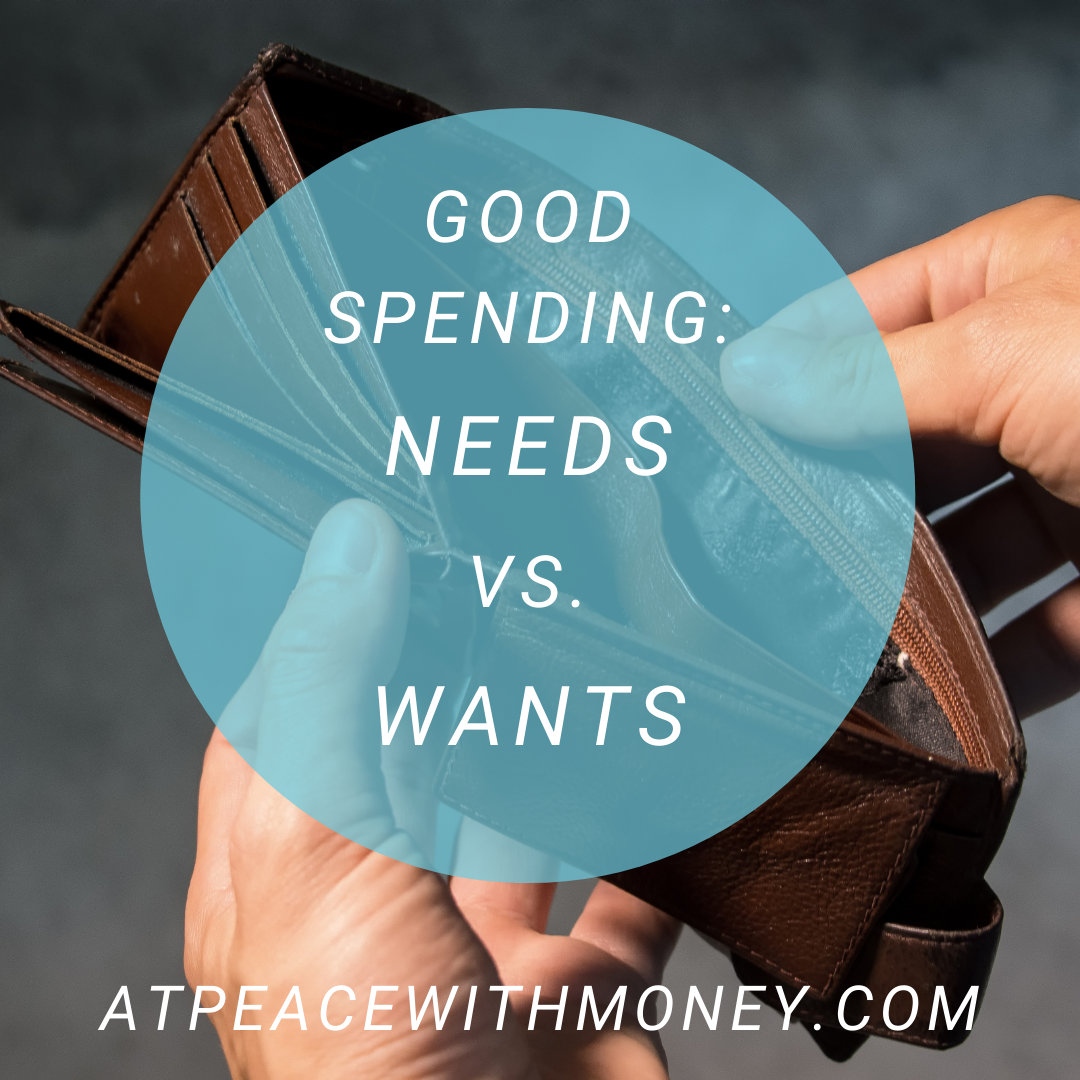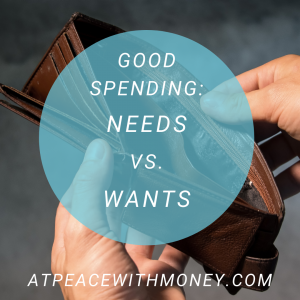Want to Enjoy Your Life? Fund It.

The irony of financial goal setting is that we can get so wrapped up in our big-picture idea of financial success, that we forget to lean into enjoying our lives too. This is a snag that I see many people get stuck on. We focus on purchasing a home or funding our retirement. These financial priorities are great, but they sometimes overshadow something that also takes a bit of cash – having fun!
The Importance of Fun
It seems a bit silly to make a serious case for the importance of enjoying your life, but a lot of us (including me) need that reminder! Right now I’m reading The Power of Fun: How to Feel Alive Again by Catherine Price. One of my favorite concepts from this book so far has been Price’s conviction that the moments we are having true fun are the moments we feel most alive.
When it really comes down to it, isn’t that what most of us want anyway? To feel alive in a positive, joyful way? Yes, there’s certainly a lot to be said for achieving goals and getting things done. And, I believe that oftentimes we want to do those things in service to our pursuit of aliveness.
When Fun Costs Money
If you’ve been reading my blog for a while, you might be surprised to see me recommending that you spend money on “fun.” That might even seem contradictory to another concept I like to write about, teasing out your wants from your needs. I particularly like to emphasize the point of finding your “enough,” and of meeting your needs and wants creatively and inexpensively.

Actually, that does apply here. The thing is, being on top of your finances is not about being so frugal that you don’t have any enjoyment in your life. There may be a point where you realize that you truly want something that you know will bring a lot of joy, but also cost money. When you’re setting your financial goals, you can prepare for this and take it into account!
This might be a longterm savings goal, like a trip overseas, or it might be a purchase, like a musical instrument. These things do cost money, but they’re worth it. Including them in your financial planning is an important of remembering to enjoy your life!
Fun Up Your Finances
So, how do we integrate fun into our finances, exactly? My suggestion would be to keep fun in the front of your mind whenever you’re setting new financial goals for yourself. Here are a couple articles of mine on the subject that you might enjoy:
If you enjoyed this article, you’ll probably also enjoy being on my newsletter! Along with weekly blog updates, you’ll also receive my special monthly tailored newsletter. Click below to join us, it’s a good place to be.







 You may have some idea of whether you fit into either category. If you’re not sure what over-saving is, I recommend
You may have some idea of whether you fit into either category. If you’re not sure what over-saving is, I recommend 